Back to Courses
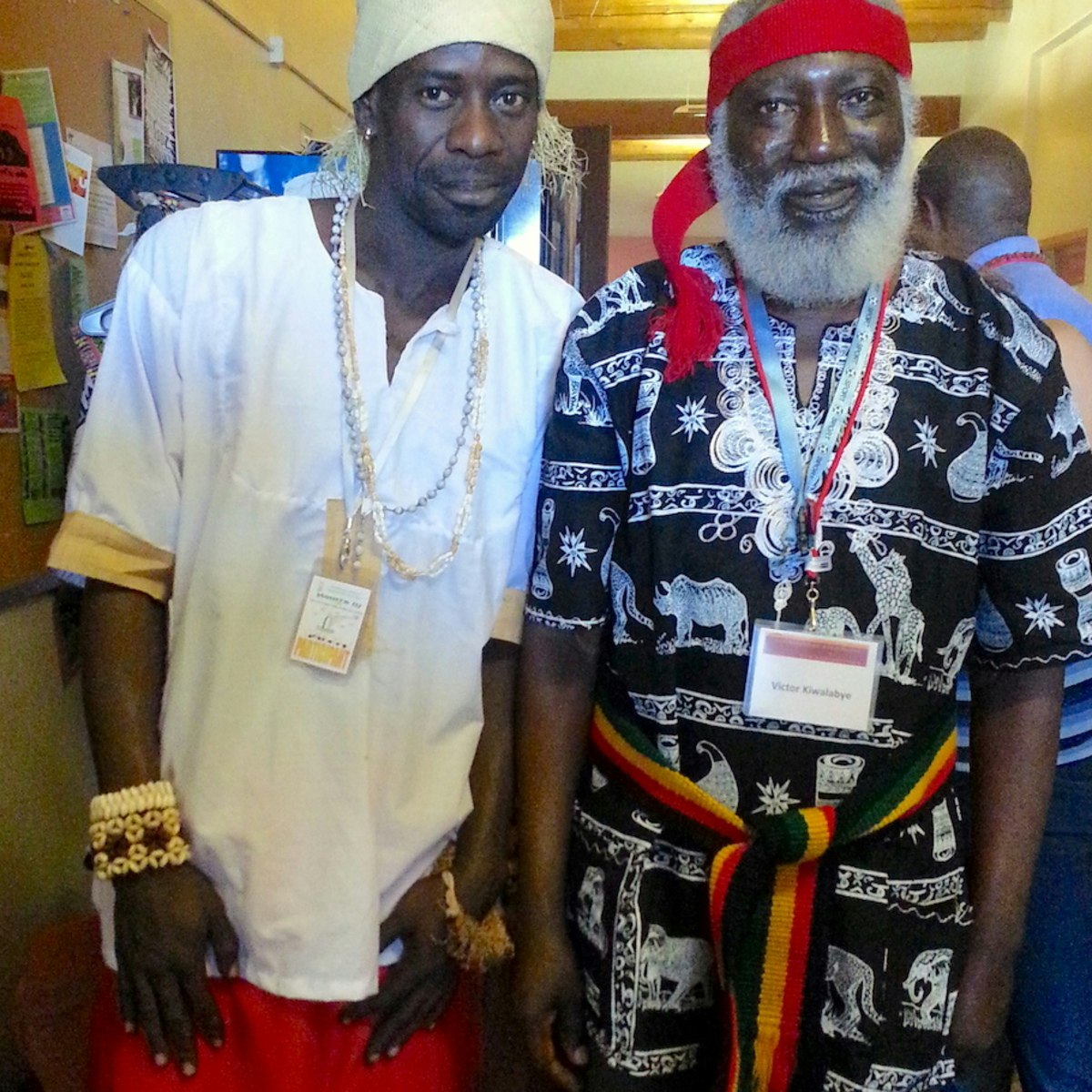



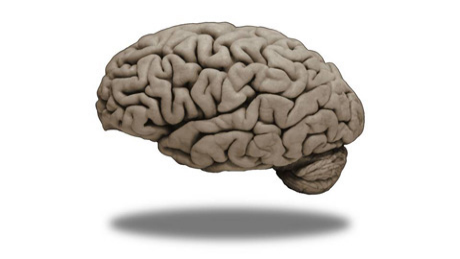

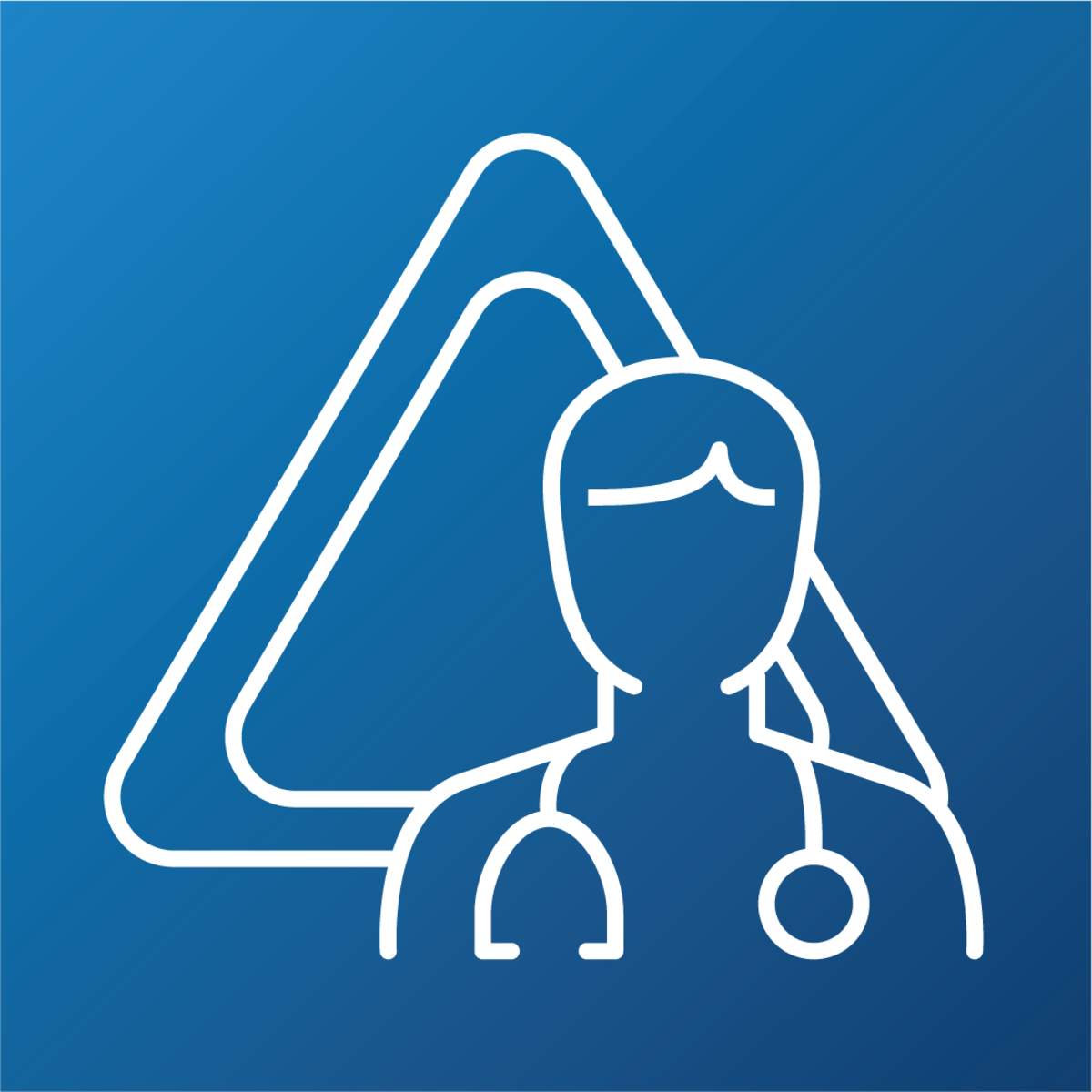
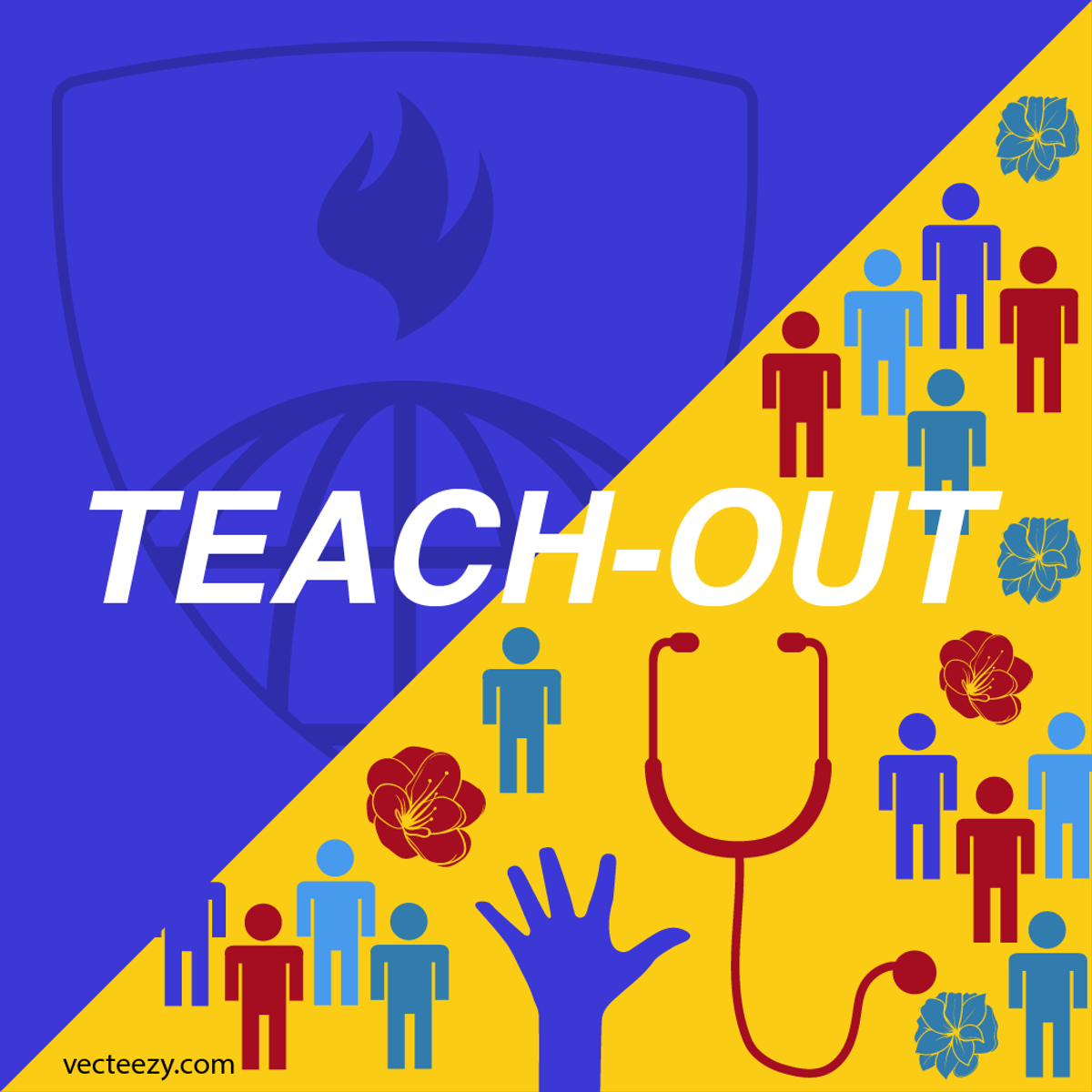
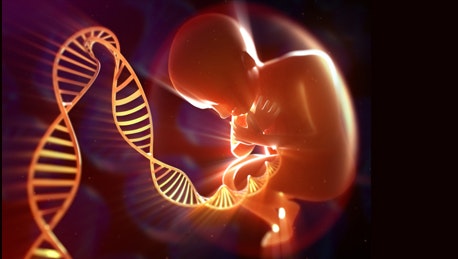
Life Sciences Courses - Page 23
Showing results 221-230 of 644

MRI Fundamentals
Welcome! In this course learners will develop expertise in basic magnetic resonance imaging (MRI) physics and principles and gain knowledge of many different data acquisition strategies in MRI. In particular, learners will get to know what is magnetic resonance phenomenon, how magnetic resonance signals are generated, how an image can be formulated using MRI, how soft tissue contrast can change with imaging parameters. Also introduced will be MR imaging sequences of spin echo, gradient echo, fast spin echo, echo planar imaging, inversion recovery, etc.

Curanderismo: Global & Cultural Influences of Traditional Healing
As the last of four courses on Curanderismo, the art of Hispanic/Latino traditional medicine, this course focuses specifically on traditional healing using different techniques of many countries around the world. As an educational and cultural platform, this course will share a number of traditional global perspectives.
Learners will not become certified traditional healers at the completion of this course but will be able apply basic principles or traditional medicine for health and illnesses. They will become familiar specifically with African traditional medicine from Uganda, African healing through music from Gabon, Afro-Cuban and Afro Puerto-Rican healing techniques, medicinal plants for women, Native American feather healing and other topics.
REQUIRED TEXTS
Curanderismo: The Art of Traditional Medicine without Borders by Eliseo Torres
Curandero: Traditional Healers of Mexico and the Southwest by Eliseo Torres with Imanol Miranda
Where to buy:
https://he.kendallhunt.com/product/curanderismo-art-traditional-medicine-without-borders
https://he.kendallhunt.com/product/curandero-traditional-healers-mexico-and-southwest
OPTIONAL TEXTS
Curandero: A life in Mexican Folk Healing by Eliseo Torres & Tim Sawyer
Healing with Herbs & Rituals: A Mexican Tradition, Eliseo Torres, edited by Tim Sawyer
Where to buy:
https://www.barnesandnoble.com/w/curandero-torres-eliseo-cheo/1120135382?ean=9780826336415&st=PLA&sid=BNB_1341481610&sourceId=PLAGoNA&dpid=tdtve346c&2sid=Google_c&gclid=EAIaIQobChMI3_6LmYev3gIViuNkCh3IPgUyEAQYASABEgLYXfD_BwE
https://www.barnesandnoble.com/w/healing-with-herbs-and-rituals-torres-eliseo-cheo/1120135381?ean=9780826339621&st=PLA&sid=BNB_825204424&sourceId=PLAGoNA&dpid=tdtve346c&2sid=Google_c&gclid=EAIaIQobChMIrrvswYev3gIVBsRkCh3BXQCHEAQYASABEgLnl_D_BwE
PODCAST:
Blubrry podcast - https://www.blubrry.com/normallol/41068835/normal-lol-63-depersonalization-mental-wellness-curanderismomexican-traditional-healing-with-eliseo-cheo-torres/
Itunes Episode 63 - https://itunes.apple.com/us/podcast/normal-lol-depersonalization-derealization-anxiety/id1065740418?mt=2

Understanding and Managing the Stresses of Police Work
Policing has always been psychological challenging. On any given shift police officers may encounter a range of psychological challenges including domestic violence, interacting with people experiencing mental health issues, violent crime, even attending the aftermath of horrible accidents. The long exhausting shifts can also result in stressful person interactions within one’s personal life. The presence of COVID and political issues related to instances of over-policing have increased these stresses even more. This course has two goals. First, we want to inform officers how their stress system works and why they sometimes feel as they do. With this as a foundation we then describe some strategies officers can use to manage this system, giving themselves much needed breaks from the stress response and overall empowering them with a greater sense of control over how their bodies react to stress.

Introduction to Service Innovation and Management
This course is best suited for individuals currently in the healthcare sector, as a provider, payer, or administrator. Individuals pursuing a career change to the healthcare sector may also be interested in this course.
In this course, you will learn about the importance of successful execution and management of service innovation. The course focuses on the internal management of business processes necessary to deliver improved services to customers and patients, increased profitability, and build long-term customer loyalty and engagement. You will experience elements that are critical for the effective execution, implementation, and evaluation of the various strategic aspects of achieving organizational goals, with an emphasis on the initiatives and key organizational change elements. Through guided project work, you will have an opportunity to apply these concepts to services and internal business processes at your own organizations. Additionally, the course has been designed to help you become familiar with a framework of service and process redesign.

Bats, Ducks, and Pandemics: An Introduction to One Health Policy
Welcome to "Bats, Ducks, and Pandemics: An Introduction to One Health Policy".
One Health is the concept that human, animal, and environmental/ecosystem health are linked. The concept provides a useful framework for examining complex health issues such as food safety and security, emerging and vector-borne diseases, and antimicrobial resistance. It can be used to analyze government policies to determine if they are effective in improving health and well-being.
Agriculture is the foundation of civilization. Surplus food enabled the growth of cities; cities led to nations, and nations discovered the science and technology that allowed populations to grow. But agriculture comes with costs including environmental and ecosystem destruction and the emergence of zoonotic diseases. Antibiotics are the foundation of modern medicine. But antibiotics have come with costs too, including antimicrobial resistance and potentially harmful changes to human and animal microbiomes.
This interdisciplinary course will cover diverse subjects such as basic epidemiology, public health, public policy, basic microbiology, food safety, and security, zoonotic diseases, sanitation and hygiene, antimicrobial resistance, environmental and ecosystem health, and the national and international organizations that oversee health, agriculture, and the environment. Disease outbreaks including Influenza, Q fever, and Ebola will be discussed. While the course was developed and recorded before the COVID-19 pandemic, the concepts learned very much apply to it. This course emphasizes holistic, not siloed, approaches to health, and disease.
Medical Neuroscience
Medical Neuroscience explores the functional organization and neurophysiology of the human central nervous system, while providing a neurobiological framework for understanding human behavior. In this course, you will discover the organization of the neural systems in the brain and spinal cord that mediate sensation, motivate bodily action, and integrate sensorimotor signals with memory, emotion and related faculties of cognition. The overall goal of this course is to provide the foundation for understanding the impairments of sensation, action and cognition that accompany injury, disease or dysfunction in the central nervous system. The course will build upon knowledge acquired through prior studies of cell and molecular biology, general physiology and human anatomy, as we focus primarily on the central nervous system.
This online course is designed to include all of the core concepts in neurophysiology and clinical neuroanatomy that would be presented in most first-year neuroscience courses in schools of medicine. However, there are some topics (e.g., biological psychiatry) and several learning experiences (e.g., hands-on brain dissection) that we provide in the corresponding course offered in the Duke University School of Medicine on campus that we are not attempting to reproduce in Medical Neuroscience online. Nevertheless, our aim is to faithfully present in scope and rigor a medical school caliber course experience.
This course comprises six units of content organized into 12 weeks, with an additional week for a comprehensive final exam:
- Unit 1 Neuroanatomy (weeks 1-2). This unit covers the surface anatomy of the human brain, its internal structure, and the overall organization of sensory and motor systems in the brainstem and spinal cord.
- Unit 2 Neural signaling (weeks 3-4). This unit addresses the fundamental mechanisms of neuronal excitability, signal generation and propagation, synaptic transmission, post synaptic mechanisms of signal integration, and neural plasticity.
- Unit 3 Sensory systems (weeks 5-7). Here, you will learn the overall organization and function of the sensory systems that contribute to our sense of self relative to the world around us: somatic sensory systems, proprioception, vision, audition, and balance senses.
- Unit 4 Motor systems (weeks 8-9). In this unit, we will examine the organization and function of the brain and spinal mechanisms that govern bodily movement.
- Unit 5 Brain Development (week 10). Next, we turn our attention to the neurobiological mechanisms for building the nervous system in embryonic development and in early postnatal life; we will also consider how the brain changes across the lifespan.
- Unit 6 Cognition (weeks 11-12). The course concludes with a survey of the association systems of the cerebral hemispheres, with an emphasis on cortical networks that integrate perception, memory and emotion in organizing behavior and planning for the future; we will also consider brain systems for maintaining homeostasis and regulating brain state.

Poverty & Population: How Demographics Shape Policy
This course has four modules, or foci. The first is to understand the categories of social welfare—populations, income, earnings, and assets— and some related concepts that play a very large role in shaping policy decisions: unemployment, inflation, and the minimum wage. The second deals with the central institution of social welfare—the labor market, which largely determines how many resources a person has. The labor market also establishes hierarchy, both through meritocracy and through categories of privilege. The third is poverty: the differing ways we define who is poor, and how effective U.S. anti-poverty efforts have been. The final module looks directly at federal decision making, the political organization of ideas, the structure of U.S. government, and the legislative process that shapes much of our social policy. This course addresses issues of power, oppression, and white supremacy.
The course is part of a sequence in social policy that has an HONORS TRACK. This track will prepare the learner for masters-level work in policy, which involves reading the literature, writing concise summaries and probing critiques. Over the sequence the learner will develop a policy analysis that will create a foundation for professional policy analyst assignments.

Health Systems Development: Introduction to Health Systems
This specialization is intended for people interested in health systems and how they function. Participants will learn about the global health systems landscape and the challenges and opportunities to achieve better health outcomes.
This specialisation is divided into three courses which are offered as massive online open access courses (Courses 1-3), and a fourth course which is offered as part of the Online MPH degree (capstone). The Health Systems Development specialisation is geared toward learners who have no prior knowledge of health systems or those who are starting to explore this area of study. Overall, sessions in this specialisation span 16 week with approximately 96 hours of viewing learning materials per week. Formative assessments in the form of quizzes and activities are incorporated throughout the weeks to help learners gauge their level of depth of understanding and to prepare them for their summative assessments.
Participants will have the opportunity to explore a range of areas within health systems. The first course will introduce the main building blocks of health systems and shed some light on key components of well-functioning health systems including how health system performance is assessed. In course two, students will learn how to conduct a health impact assessment and how to assess the impacts of policies, plans and projects, as well as how that support decision-makers make choices regarding alternatives and improvements to prevent disease or injury and to actively promote health. The third course explores human resources for health and service delivery. In this course, students will learn about and analyse country experiences in transforming health services delivery, and interventions and to address human resources for health challenges at a global level.
By the end of this specialisation, learners should be able to identify key components of, and critically compare, different health systems; analyse country experiences in transforming services; and apply theoretical framework for assessing the health impacts of policies, plans and projects.

Let's talk about it: A Health and Immigration Teach Out
As the United States grapples with both the short-term and long-term impacts and considers how different groups and individuals are affected, it can easily become overwhelming to keep up with conversations about health and immigration. Most people can generally agree that health and immigration policy affect ALL communities, families, and individuals in one way or another.
This Teach-Out is designed to help you have a more well-informed discussion about health and immigration.
As part of this Teach-Out, you will hear the first-hand perspectives of researchers, elected officials, healthcare systems, business leaders, and community members. You will get a sneak peek into safe spaces within the immigrant community. Along the way, you will also get to test yourself and your knowledge about immigration and health, and do a fact-check with helpful resources and information. Last but not least, you will share in the spirit of a Teach-Out: bringing people together to learn about and address a current and important topic in society.
At the end of each lesson, you will be asked to practice how to talk about it by sharing your thoughts and reflections on the different topics that were discussed.

Genes and the Human Condition (From Behavior to Biotechnology)
To acquire an understanding of the fundamental concepts of genomics and biotechnology, and their implications for human biology, evolution, medicine, social policy and individual life path choices in the 21st century.
Popular Internships and Jobs by Categories
Find Jobs & Internships
Browse
© 2024 BoostGrad | All rights reserved